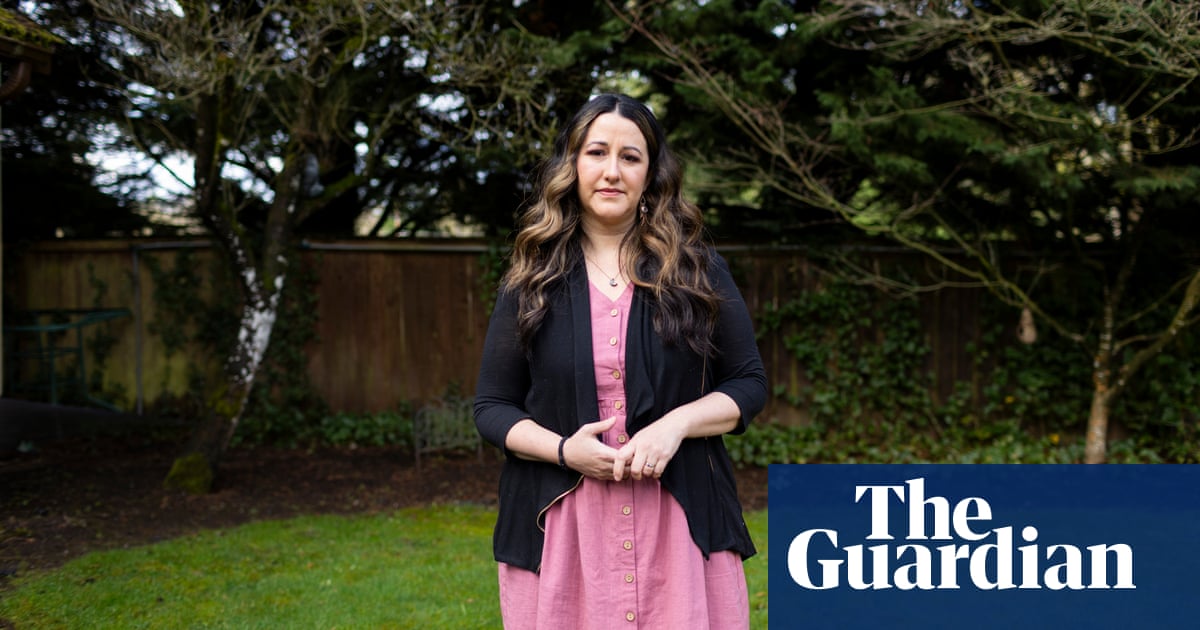Suppose that you heard that the next election has been cancelled by the government. How would you react to that news? Quite probably with disbelief and the suspicion that it was fake news. Very likely with outrage. And maybe also with a frisson of fear. Possibly a mix of all three. After all, a thing like that isn’t supposed to happen in a settled democracy like ours, is it?
Except that this week it really did happen. It was even announced in parliament. It took place when Angela Rayner, the deputy prime minister and communities secretary, decreed that nine English local authorities, where council elections had been due to take place as usual this year on the time-honoured first Thursday in May, would not now go to the polls after all.
This is a serious blow to democracy. It is not mitigated by the fact that previous governments have sometimes done something similar. Though it has been stripped of many powers and starved of cash over the years, local government is well embedded. It has powers and legitimacy. Local elections can change lives on issues ranging from schools to care. If nothing else, their results are also minutely scrutinised by experts like Sir John Curtice for what they say about the political mood of the nation more widely.
Ms Rayner’s reason for stopping the 2025 elections is that she is midway through reforming the structure of local government in England. In December, she told England’s existing patchwork of council, district and unitary councils to recast itself into a more orderly pattern of single-tier authorities, each with an electorate of around half a million voters, to be headed by elected mayors.
Elections will still go ahead on 1 May this year in many places, including 14 of England’s 21 county councils. The cancelled elections will eventually occur in May 2026, once the new authorities are in place, and on the same day as the next Scottish parliament and Welsh Senedd elections. Yet the cancelled elections this year are hardly minor; they include heavily populated places like Essex (home to around 1.5 million people), Hampshire (1.4 million) and Norfolk (900,000). Unsurprisingly, the parties that were set to do well there this year, like the Liberal Democrats and Reform UK, are crying foul.
There is an undoubted case for Labour’s changes. England is far too centralised. Local government is too weak. Successive reforms have left it too much of a jumble. But Ms Rayner’s new, more Napoleonic structure is not a cure-all. It will be hobbled from the start unless local government finance is reformed. Rachel Reeves’s recent decision to change the Treasury’s “green book” public investment rules will certainly help, especially in the north. But it is only a first step.
The crucial question is whether Ms Rayner is seriously willing to work with other political parties in the nations, regions and localities. The results of the devolved elections, when they finally take place in 2026, may pose this question very starkly, especially if Reform UK and the Scottish National party emerge among the winners. Ms Rayner sometimes sounds as if she sees English devolution merely as a means to deliver Labour government policies at the local level. But this is an unsustainably rigid approach. If local government is seen simply as a Whitehall delivery agent and not as a legitimate, sometimes alternative and oppositional expression of local difference, Ms Rayner’s changes risk going the way of earlier efforts and withering on the vine.
Do you have an opinion on the issues raised in this article? If you would like to submit a response of up to 300 words by email to be considered for publication in our letters section, please click here.

.png) 2 months ago
26
2 months ago
26













































